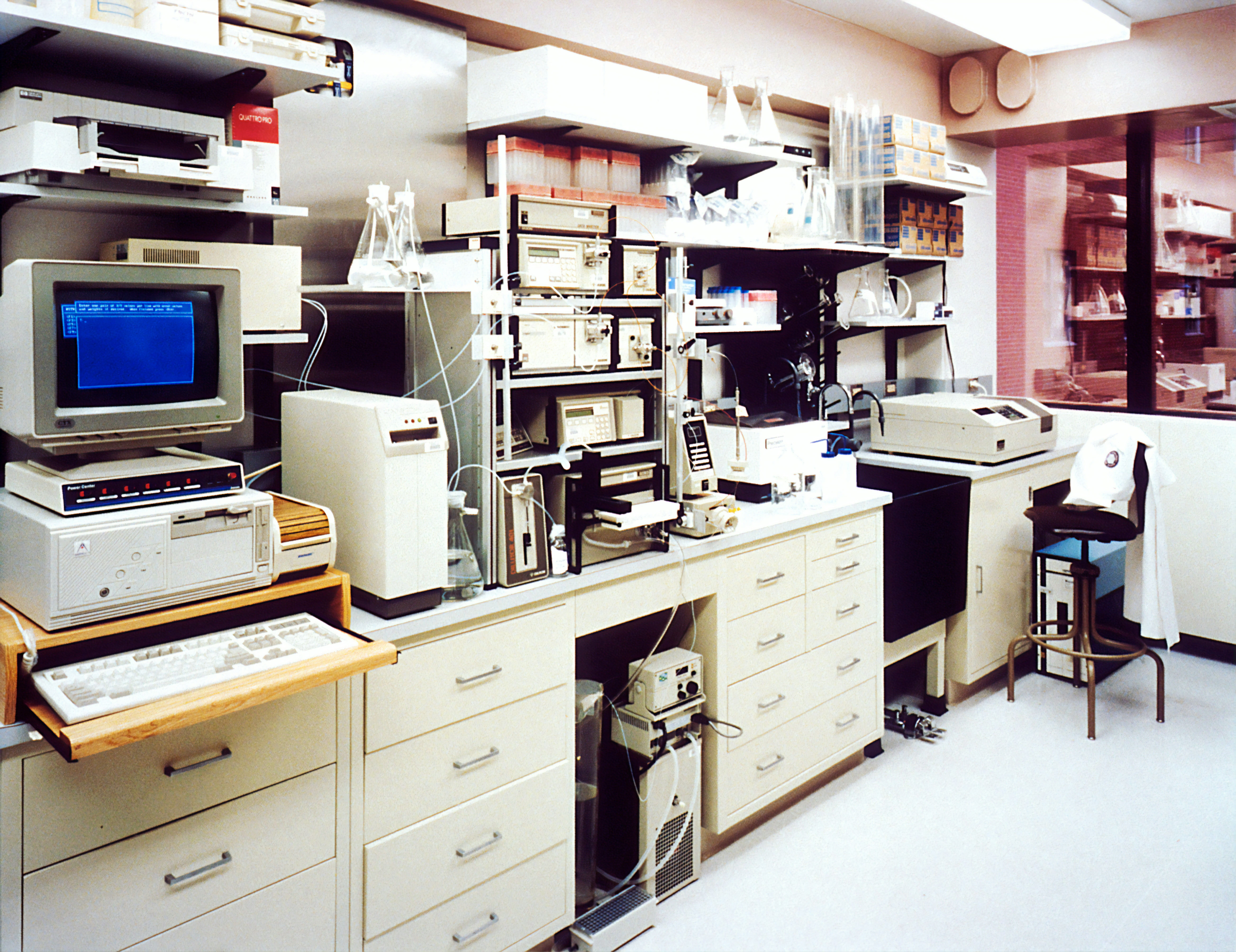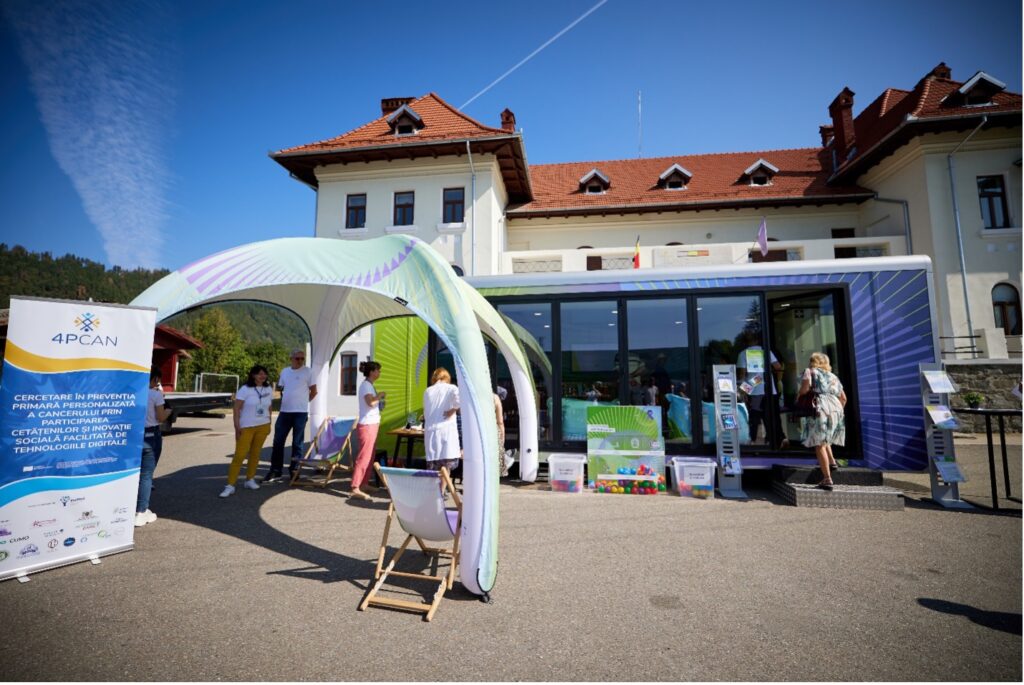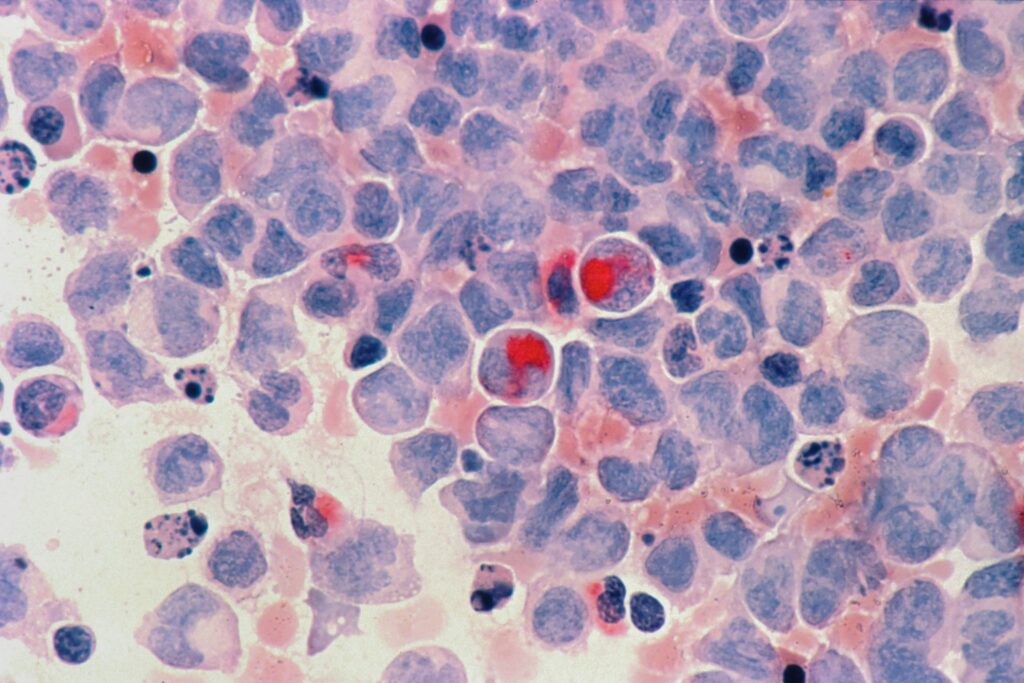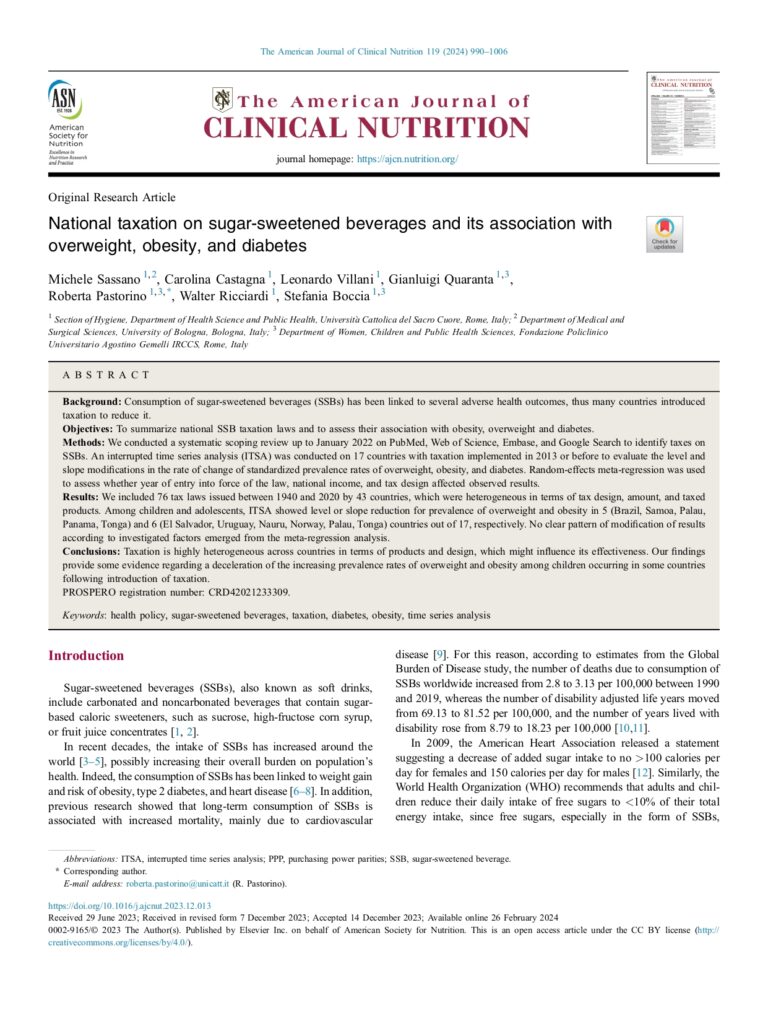D2.7 – Radon impact in lung cancer
Deliverable D.2.7 examines the risks associated with radon exposure as addressed in the European Code Against Cancer. The task involves a scoping review of radon levels in Central and Eastern Europe (CEE), including existing limits and mitigation measures, and builds on a project from Plovdiv University, Bulgaria. The study aims to implement continuous radon monitoring […]
D2.5 – Excess body weight and PA policies
The adoption and implementation of physical activity (PA) recommendations vary across countries, largely influenced by their institutional structures. In non-EU, former socialist countries, PA guidelines are often integrated into national health strategies, particularly within Non-Communicable Disease prevention programs. However, these adoptions tend to remain formal, lacking effective implementation due to gaps in knowledge, capacity, and […]
D2.4 – Alcohol, food, sugar regulations analysis
D2.4 examines alcohol, food, and sugar regulations as part of the 4P-CAN project’s multi-level assessment of cancer risk factors. It evaluates national policies and regulatory frameworks across EU and non-EU countries, focusing on alcohol control, food regulations, and sugar-sweetened beverage policies. Using literature reviews and supplementary research, the report identifies significant disparities in regulations that […]
D2.3 – Tobacco regulation and legislation analysis
D2.3 evaluates the implementation of EU tobacco control directives across EU and non-EU countries within the 4P-CAN Consortium, assessing policies, regulations, and enforcement levels. While all participating countries are parties to the WHO Framework Convention on Tobacco Control (FCTC), significant disparities exist, particularly between EU and non-EU nations, in taxation, smoke-free policies, health warnings, advertising […]
Cancer Risk Factors Index

Cancer Risk Factors Index” (CRFI) is a groundbreaking tool developed by the research team at Bucharest of Economic Studies. This index helps us understand the significance of different cancer risk factors at a national level and guides targeted interventions for cancer prevention in EU countries. By considering factors such as obesity, alcohol and tobacco use, physical activity, pollution, socio-economic conditions, and diet, the CRFI provides valuable insights. Using the Min-Max normalization method, the index ensures fair comparison and easy interpretation of scores. Discover how countries are ranked based on their overall impact of cancer risk factors. Read more to find out!
National Cancer Conference BJCN-MORE 2024: Pioneering Sustainable Solutions in Cancer Care

Join us at the National Cancer Conference BJCN-MORE 2024, where healthcare pioneers from around the world will unite to revolutionize cancer care. Discover how artificial intelligence and deep-Health Tech can streamline diagnosis, treatment, and follow-up care, making oncology more efficient than ever before. Learn about sustainable system solutions that integrate AI into clinical oncology, focusing on affordability, accessibility, and personalized care. Explore the initiative ECHoS, which aims to establish national cancer mission hubs, driving collaboration and innovation. Be a part of shaping the future of healthcare and creating a world where cancer care is equitable for all. Don’t miss this opportunity to make a difference!
Cancer Mission Bus Reaches Leresti: A Milestone For The Romanian Living Lab Of The 4p-can Project

The Cancer Mission Bus, an initiative under the European Commission’s Cancer Mission, has reached Leresti, Argeș, marking a significant step in the fight against cancer in Romania. This visit is particularly noteworthy as Leresti hosts the Romanian Living Lab of the 4P-CAN project; a major initiative supported by the Horizon Europe program.
Women’s Cancers in Romania

”Female Oncologic Diseases” study represents a broad mobilization to “diagnose” the existing problems of the medical system in Romania in connection with three types of cancer affecting women: breast, cervical and ovarian. The research includes both qualitative and quantitative methods, to create a picture as complete and detailed as possible and at the same time […]
Cancer Primary Prevention Stakeholders in European Western/Eastern countries

Over the past decades, a decreasing trend in total cancer mortality rates has been observed across Europe, although a meaningful gap persists between regions. Countries from Central and Eastern Europe have higher cancer mortality rates than Western European countries. This “Iron Curtain of cancer cases” highlights differences in lifestyle patterns and exposure to risk factors.
National taxation on sugar-sweetened beverages and its association with overweight, obesity, and diabetes

The article presents a systematic scoping review following the Preferred Reporting Items for Systematic reviews and Meta-Analyses extension for Scoping Reviews to summarize the landscape of national tax laws on sugar-sweetened beverage (SSB) – soft drinks, include carbonated and noncarbonated beverages that contain sugar-based caloric sweeteners, such as sucrose, high-fructose corn syrup, or fruit juice concentrates – consumption and its associated health risks, encompassing weight gain, obesity, type 2 diabetes, and cardiovascular disease. Its primary aim is to provide a methodical overview of national tax regulations on SSBs and to assess their influence on the prevalence of overweight, obesity, and type 2 diabetes.

